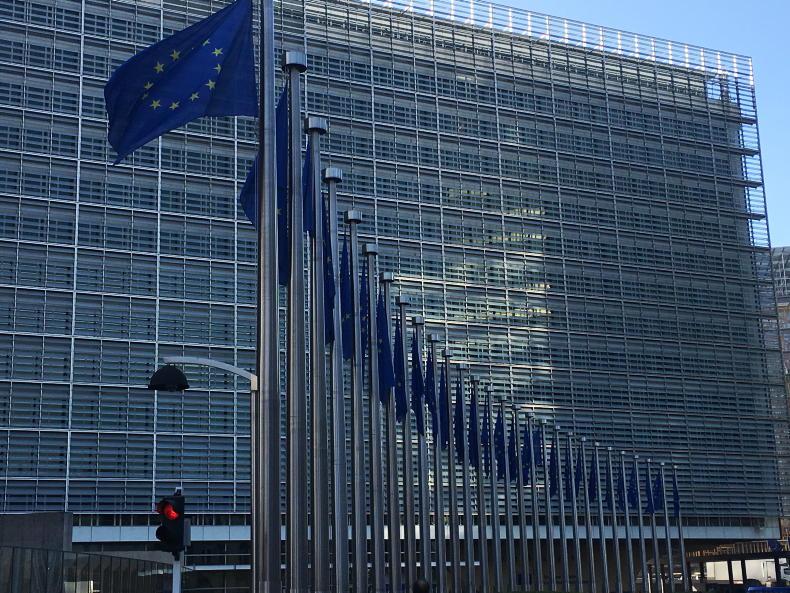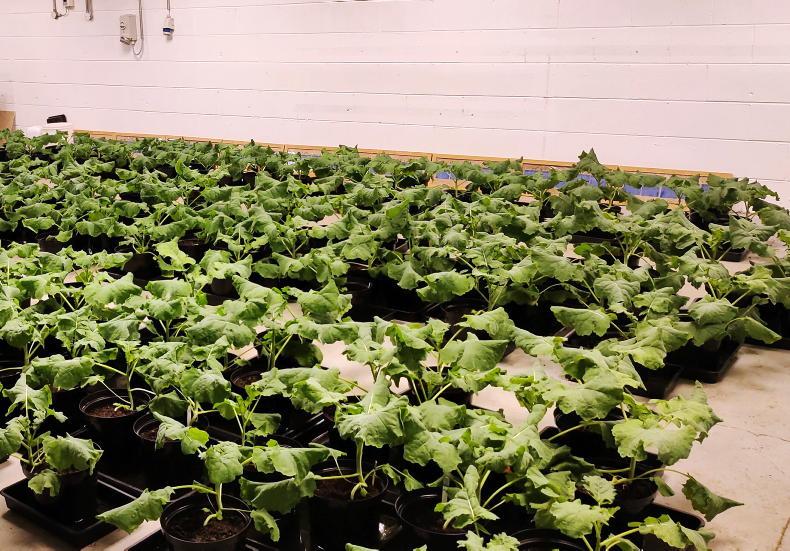Bio-control companies are "already starting to de-invest in Europe, because authorisations take too long" said Jennifer Lewis of the International Biocontrol Manufacturers Association at Friday's online Farm to Fork conference.
It's taking one to two years longer than in the US and elsewhere, she said, and bio-control use and uptake is being inhibited by this slow process.
"There’s a lot of talk about pesticide reduction targets, but we really should be talking about positive targets for increased bio-control products" she said.
"We need a legal definition of bio-control in the EU. Let’s work with nature, invest in biodiversity by investment in bio-control."
Digital farming
Laurent Oger of Croplife Europe, formerly the European Crop Protection Agency, also spoke. Earlier this year, Croplife Europe broadened its scope to include digital and precision farming, biopesticides and plant biotech innovation, as well as conventional pesticides.
Laurent warned of the potential for carbon leakage unless the EU catches up in these areas of innovation with other producers.
Pesticide reduction forced by legislation could result in drops in yields, farmer incomes and consumer prices, he said, adding that farmers have already made massive strides in reductions in pesticide use.
Replacements needed
"When we lose one product, we need to replace it with another product," said farmer representative Pedro Gallardo of Copa-Cogeca.
We need to continue increasing yields to meet food demand, and to do that we need plant protection products, he added.
Pesticides can cause damage to soil, water, animals, plants and insects
Claire Bury of DG Sante, the Health Commissionership, said the farm to fork strategy has 27 actions “and we’ve got 18 to go”. Pesticides can cause damage to soil, water, animals, plants and insects, she said.
"We know we can’t just say to farmers that you can’t use the chemicals and not bring others onstream," she accepted.
She highlighted a consultation process on animal welfare is now open and will run until January.
Perceptions
Tasos Haniotos of DG Agri said a lot of it has to do with perceptions. The Farm to Fork strategy is achievable, "it’s not going to be easy, but it is achievable," he said.
With CAP agreed, the strategic plans for individual states are now being framed.
"The level of ambition has to be higher than where we are today. It’s up to us to address a challenge that is both global and local. We have grown economically and socially, but with environmental cost," he said.
Knowledge is central to ensure we don’t give up those economic and social gains when tackling the environmental footprint of food production, he maintained. What we are missing is concrete examples of best practice, he concluded.









SHARING OPTIONS